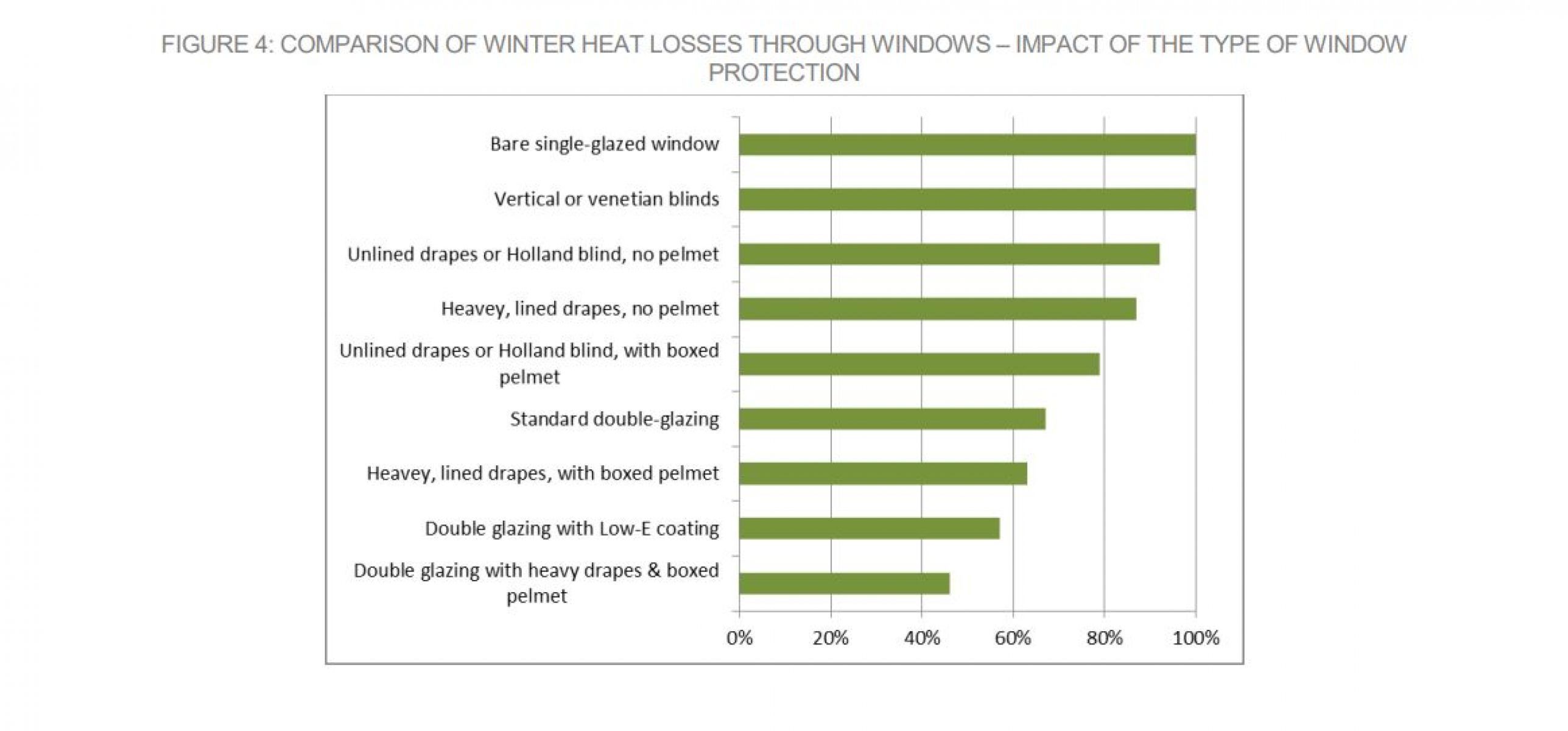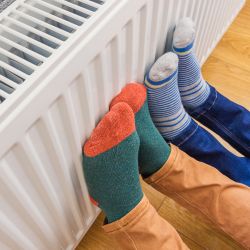On this page:
There are many ways you can make your home cheaper to run and more comfortable in winter. Consider the options below, or book a Scorecard assessment to receive information tailored to your home, from one of our expert assessors.
Quick tips for saving on your heating bills
- Seal gaps and cracks around doors and windows or use draught excluders (e.g. door snakes).
- Use curtains on windows. For best results use heavy curtains that reach the floor and completely cover both sides of the window along with a pelmet. This creates an air barrier. Keep the curtains closed from late afternoon to keep your heated air inside.
- Try putting on a heavy jumper, use blankets or perhaps a heated blanket while watching TV at night.
- Keep the thermostat at 20oC or below for your winter heating. Every degree higher can increase heating costs by around 10%.
- Close off rooms that are not in use. This could be as simple as closing a door, or putting a curtain over an open archway to keep the warm air contained.
- Only run the heater when required. Turn it off overnight and when you leave the house
- If you have a ducted heating system that is more than 10 years old, it can be good to have the ducts checked to ensure they aren't leaking warm air.
- Use a wheat bag or other type of heat pack to heat yourself. Ensure you follow the instructions to stay safe.
Trying to stay warm in winter?
Impact of window protection on winter heat loss
Did you know: window type and their coverings can have a big impact on how comfortable your home is, when the weather gets cold?

Staying warm in winter shouldn't cost you an arm and a leg!
Heating options
Central or space heating?
Centrally heated homes generally have most of the home heated, for instance by gas ducted heating. Space heated homes often have only one or two rooms heated using an appliance like a wall furnace or air conditioner. Space heating usually costs less to run than central heating, but comfort levels in unheated rooms can be lower.
Reverse-cycle space heating
As well as providing cooling in summer, reverse-cycle air conditioners can be very effective and efficient space heaters.
Most reverse cycle space heaters have a star rating. When purchasing, look for an appliance with 4 stars or more . Using multiple reverse-cycle systems can actually be more efficient than installing central heating as there are no ducts through which heat can be lost.
See www.energyrating.gov.au for a list of models and their ratings.
Gas space heating
Gas space heaters can be very effective and efficient heaters. These can be in the form of floor-mounted console heaters, wall furnaces, gas faux fires and other designs.
These heaters have a star rating. When purchasing, look for an appliance with 5 stars or more. Again, installing multiple systems may be more efficient than central heating.
See the Australian Gas Association list of current models and their energy rating: www.aga.asn.au/complete_product_directory
Ducted heating
Many houses have a large reverse-cycle air conditioner or gas heater to provide heating to the whole of the house. These produce hot air in a central module, which is pumped along ducts to either floor or ceiling vents. However, ducted heaters lose heat from the ducts while the warm air is on its way to where you want it. If your system allows it, zoning your house is an effective way of heating the areas that are used more frequently like the living areas, while closing the ducts to the bedrooms until required.
If you’re looking for a gas system, choose appliances with a rating of 5 or 6 stars.
Some electric ducted reverse cycle systems have star ratings. Choose the highest star rating possible.
Ductwork should be regularly checked by a tradesperson to ensure there are no leaks. If you have an older system, the ducting is unlikely to be insulated. Consider upgrading the ducting along with the heater.
Hydronic heating
Hydronic heating systems that circulate hot water or coolant through radiator panels or the floor can be cheap to run if an efficient hot water system is used to heat the water. Hydronic boilers have traditionally been gas-powered, however efficient electric heat pump units are now commonly available.
For efficient use of hydronic heating, all radiator room panels should have their own controls, so you can choose which rooms to heat.
Ensure that water circulation pipes are well insulated and there is insulation behind the radiator panels. This could be in-wall insulation or a reflective surface behind the panel. This is particularly important for external walls.
Learn more
For more information about the impact heating can have, download the Heating and cooling improvements factsheet.
Please contact the team to request an accessible version of this factsheet: scorecard@deeca.vic.gov.au

Would you like to receive information and recommendations tailored to your home?
Book a Scorecard assessment with one of our expert assessors.
To learn more about how to save on energy bills and improve your home's comfort, download the Improve your home's comfort and efficiency factsheet, now available in multiple languages:
Improve your home's comfort and efficiency - Arabic
Improve your home's comfort and efficiency - English
Improve your home's comfort and efficiency - Greek
Improve your home's comfort and efficiency - Italian
Improve your home's comfort and efficiency - Simplified Chinese
Improve your home's comfort and efficiency - Vietnamese
Page last updated: 03/01/25